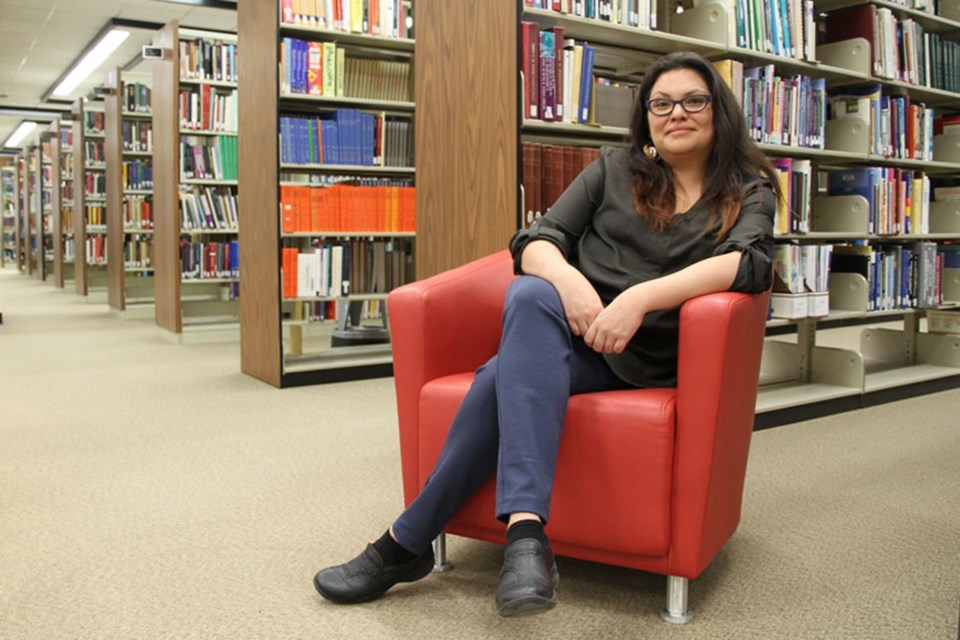YORKTON - February is Aboriginal Storytelling Month in Saskatchewan.
“Aboriginal Storytelling Month 2022 is about making Indigenous culture accessible, through libraries, to everyone no matter where they live, with online channels like Facebook, Zoom and other websites,” as noted by the Library Services for Saskatchewan Aboriginal Peoples (LSSAP) press release.
“LSSAP promotes and trains Indigenous librarians,” said Jessica Generoux, Project Coordinator for the Saskatchewan Aboriginal Storytelling project.
Generoux has been involved with LSSAP for eight years, volunteering on the committee.
“The main strategic points of LSSAP is to enhance and promote future Indigenous librarians,” said Generoux.
“This is a very important project because of the time and era we're living in; the cultural revitalization, [First Nations Peoples] lost a large part of their identities because of the trauma experienced at residential schools. Our grandparents, and even our parents, have experienced abuse within the residential school system.”
The program aims to revitalize and discover the language of First Nations people through contemporary and traditional storytelling. “It's important to remember, it's important to share, and it's important to teach children our languages that were once denied from our parents and our grandparents.” said Generoux.
The project has continued to grow over the past 19 years.
“As we're moving towards our 20th anniversary, we want to highlight that participation numbers have grown every year, as well as the number of communities involved,” said Generoux.
“In the past year we've doubled our participants from 15,000 to 30,000,” said Generoux, adding, “Going into 2022, the largest demographic [of participants] is school aged children.”
Generoux credits the involvement of schools and libraries for the rise in participants.
“Partnership with schools and public libraries are a huge part of the success of LSSAP,” said Generoux.
“There are a lot of different types of stories but we lean on contemporary storytelling.”
“We only have a few people left that can tell the stories in the language,” said Lorena Cote, Assistant Professor of Indigenous Languages at the First Nations University of Canada and story teller for the project.
Cote, who has lived in Regina for the past 25 years, is originally from the Cote First Nation north of Kamsack and has been a story teller with the project for two years. “I'm proud to tell these stories because I'm sharing our way of life.”
The stories teach Aboriginal history, beliefs, and contain the customs of ceremonies.
Cote said some of the stories she tells have been passed down to her verbally and others were learned through reading. “My late aunt had recorded stories from the elders, wrote them down in the language, then translated them to English.”
Cote's aunt, Margaret Cote, was the first person in Saskatchewan to teach a First Nations language in a public school, and the author of several books on First Nations languages and dialects, according to her biography on StrongNations.com
“My aunt published a book of six or seven stories from Kamsack,” said Cote.
When asked how the storytelling would occur, Cote said the online meeting app Zoom would be used to deliver the stories remotely.
“The Library Services for Saskatchewan Aboriginal Peoples (LSSAP) committee was established in 1991. The Committee encourages people of Aboriginal descent, who work or volunteer in a band/school/post-secondary/public library, or have an interest in libraries to join the committee at any time,” as per the LSSAP's about section on their official website, LSSAP.ca






